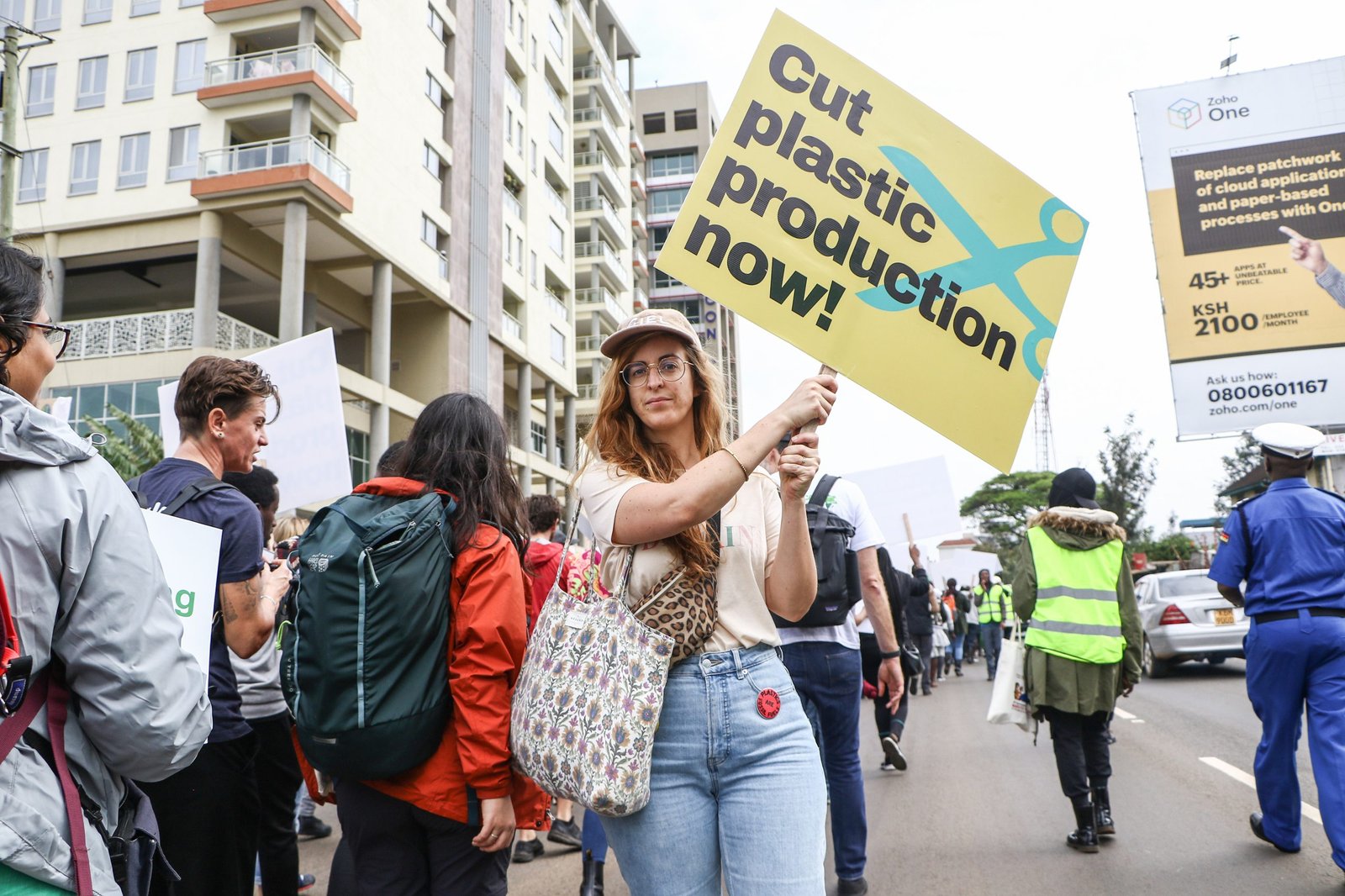Hundreds of delegates gathered in Geneva could not come to an agreement on a much-awaited global plastic treaty after 10 days of negotiations.
With global plastic output set to triple through 2060, the prospect of an agreement was stymied by countries opposing restrictions on production – ranging from petrostates to Russia, India, the United States and China.
“Despite our best efforts, we must leave empty-handed,” a representative from the tiny island nation of Tuvalu said on Friday morning, following a frenzied 24-hour marathon of negotiations that ended in the collapse of the talks.
A representative from South Africa said that “positions remain far apart”.
An earlier first round of talks on a global plastic treaty also ended in failure in late 2024 in Busan, South Korea.
Aside from a production cap, financing for developing countries proved most controversial during the drawn-out negotiations in Switzerland that ended in what the Center for International Environmental Law (CIEL), an observer at the talks, described as an “abject failure”.
The process, which is consensus-based, was “fundamentally broken”, the group added.
Agnes Pannier-Runacher, France’s ecological transition minister, said on Friday that she was “disappointed and angry”.
“A handful of countries, guided by short-term financial interests rather than the health of their populations (…) blocked the adoption of an ambitious treaty against plastic pollution”, she told delegates during the closing meeting of the negotiations in Switzerland.
Efforts to forge a global plastics treaty will go back to the drawing board after the failure, with the next round of negotiations set to start with the text voted down in South Korea last year. Revisions to the text made in Switzerland will be scrapped.
Dates for the next round of negotiations have not yet been scheduled.
(bts)





